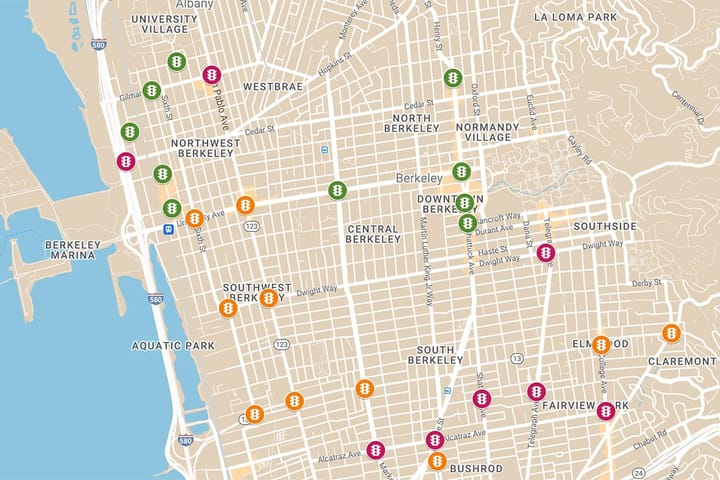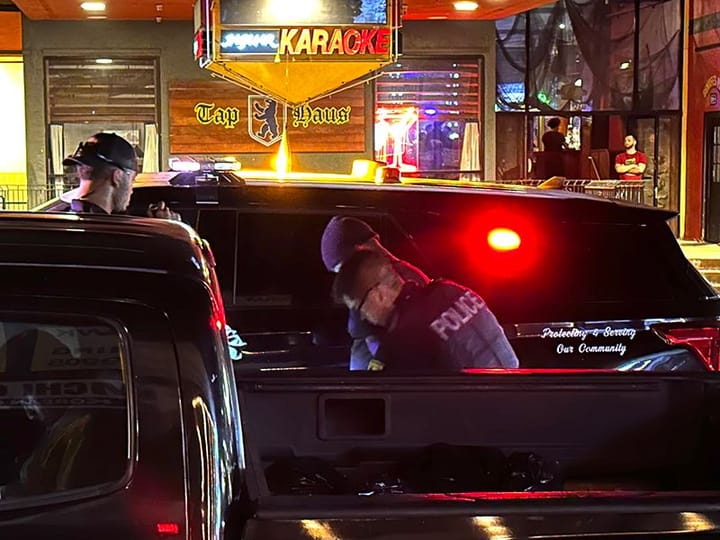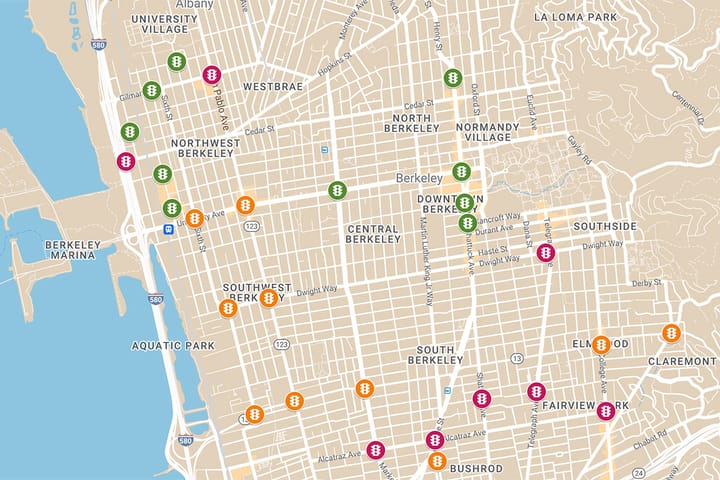Berkeley looks to reimagine its wildly outdated dispatch center
Proposed changes to Berkeley's dispatch center would add annual staffing costs of $3 million. The current annual budget is about $6.5 million.

Berkeley's emergency dispatch center lags 20-plus years behind modern standards and the needed fixes are a costly proposition, a recent analysis found.
The Emergency Communications Center, which handles all of Berkeley's police and fire calls, has been chronically understaffed and needs a major revamp in both technology and training, Federal Engineering, a consultant hired by the city, has determined.
In 2021, the city of Berkeley brought on Federal Engineering on a $300,000 contract to assess the dispatch center and determine what improvements are needed.
The project is one of several ideas to reimagine policing in Berkeley that arose after George Floyd's murder in 2020.
Don't miss the daily headlines.
Progress has been slow on all of those fronts, from a plan to civilianize traffic stops — which is stalled pending major changes to state law — to the creation of a non-police response to nonviolent crisis calls, the Specialized Care Unit, which is slated to launch as a pilot program later this year.
The Berkeley Police Department is in charge of the comm center. But some have suggested the Berkeley Fire Department should take it over in the spirit of reimagining and reducing BPD's footprint (and budget) in the city.
As a result of that vision, officials asked the fire department to handle the dispatch center review.
BFD teamed up with Federal Engineering (FE) on the analysis, which was presented to council members for the first time in May after about a year of work.
"I will warn you," Berkeley Fire Chief David Sprague told city officials before the May 15 presentation, "the funds and work necessary to bring us up to modern standards are significant."
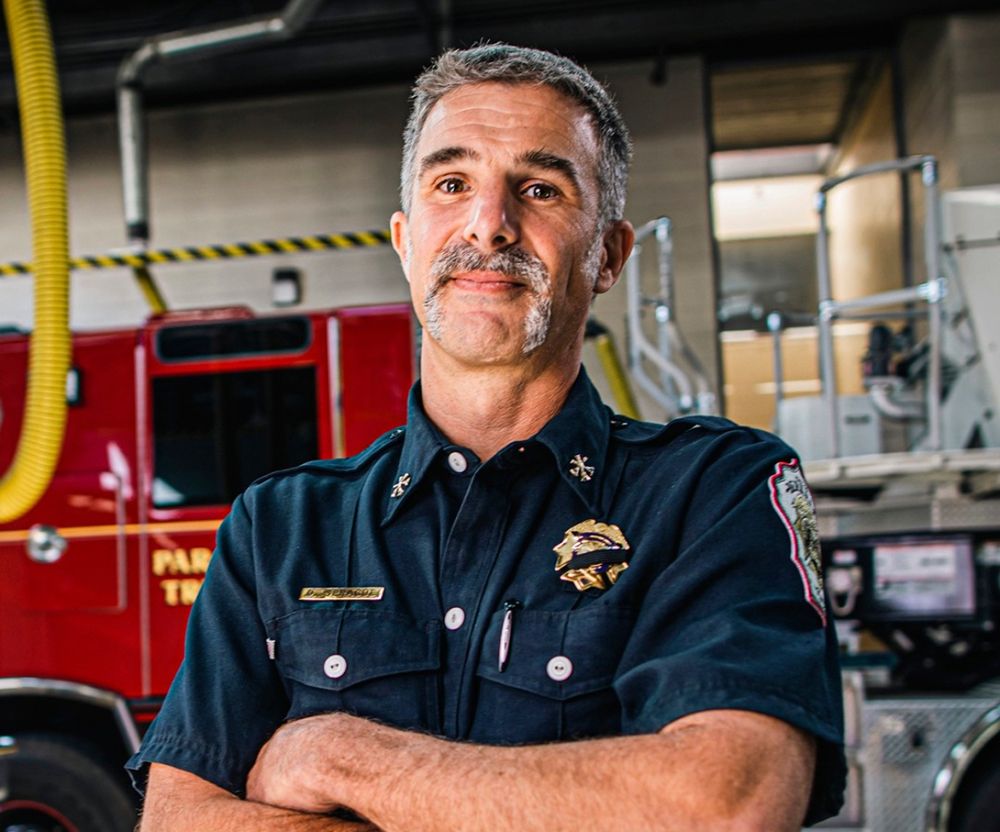
Under FE's initial proposal, the annual budget for dispatch center staffing would increase by $3 million, with another $750,000 in one-time costs related to technology and training.
The Berkeley dispatch center's current budget is close to $6.5 million each year.
"I have to say it’s a little sobering," said Councilwoman Susan Wengraf, who watched the presentation along with her council colleague Rashi Kesarwani and several members of the public.
The presentation took place before the City Council's Public Safety Policy Committee, which agreed the full council should consider the matter before any big decisions are made.
Comm center has chronic short staffing

That morning, Cindy Sparrow of Federal Engineering described Berkeley comm center staffing, recruitment, facilities and training as "critical priorities that need to be addressed immediately."
In recent years, the city of Berkeley has had about 60,000 police calls for service along with more than 9,000 medical calls and about 5,500 fire calls annually, the Federal Engineering analysis found.
The Emergency Communications Center currently has seven people working at any given time and should increase that to 11 positions during the busiest shifts, FE found.
That would mean going from 33 people in the unit to 60, with turnover factored in, Sparrow said.
(She also cautioned that some of the finer points of the analysis may have changed since the numbers were crunched last year, but said the thrust of the recommendations remained valid.)
Currently, the comm center is authorized to hire 36 people but only 21 spots are filled. And some of those individuals are not available to work due to workers' compensation claims or other issues.
"It seems like a lot of people to hire — and it is," Sparrow said. "But you will never be able to do it all at once anyway. So it will happen in a phased approach and it can happen gradually."

The staffing recommendations echoed a city audit from 2019 that found low morale in the comm center driven in large part by persistent short staffing and the mandatory overtime that stems from it.
City Auditor Jenny Wong attended last month's presentation and said she recalled from that audit just how challenging staffing had been for dispatch center workers.
"We were interviewing people who were working 16-hour days straight," she said. "They did not feel comfortable answering that 911 call at the 16th hour that they were doing this work."
Adequate staffing for the center would ultimately come in at 27 dispatchers, 23 call-takers, nine supervisors and a manager, FE determined.
"There’s still going to be overtime," said Sparrow, "but it won’t be at such a rate where they’re working twice as much as they would."
A "workplace culture that is suffering"
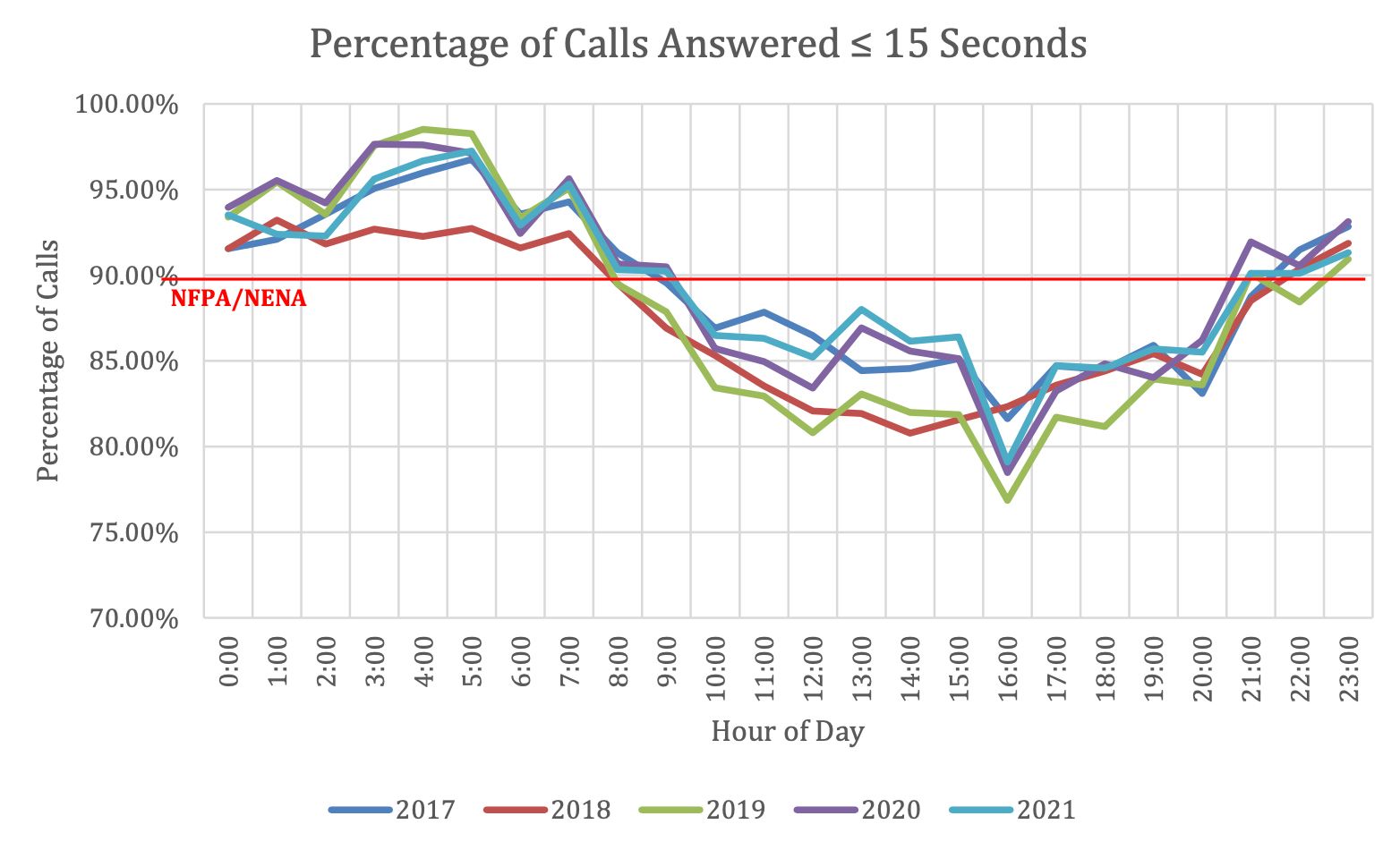
In its full report, which was prepared in October 2022, Federal Engineering said it had found a "workplace culture that is suffering" at the Berkeley Emergency Communications Center.
"Staff are doing their best given the circumstances," the consultant wrote. "However, a combination of short staffing, overtime, inconsistency in supervision, leadership, mentorship, a lack of training and professional development opportunities, combined with a heavy workload and trauma and stress exposure from the work performed leaves staff fatigued, and increases illness, absenteeism, workplace conflict."
"If left unchecked," the report found, these issues "will continue to perpetuate a difficult working environment and culture."
Sparrow said the city should hire a coordinator to oversee training and quality assurance who could help make the requisite changes in those areas. Currently, that work is largely stalled.
Case in point: The dispatch center training manual has not been overhauled in more than five years, she said. That's because staff has been stretched too thin to find the time.
Without formalized training and protocols, FE said, "you don't really know what is expected." That has had an impact on morale.
FE said, ideally, the dispatch center should become its own unit instead of being part of police or fire.
That would help improve workplace culture by ensuring continuity in leadership, Sparrow said.
The physical workplace itself was also found wanting: FE said the city should immediately add three workstations, to go from eight to 11, and later add another four in case of equipment failure, a critical incident or some other call surge.
Federal Engineering said the city must also find space for a backup center — imagine an earthquake makes the main facility inoperable, for example. The backup center could also be used for training, which doesn't currently have its own home.
Scripted call-taking, prioritized dispatch are needed
To get up to modern standards, said Sparrow, the dispatch center also needs to move to a scripted call-taking model where "everybody is taking the same calls the same way."
That "really opens things up with a quality assurance program that’s very objective," she said.
Under the current system, Berkeley call-takers ask questions and collect information based on their own experiences. That results in a lot of variation in how key details come in as well as how performance is assessed.
"It’s not to say that Berkeley staff aren’t doing a great job today. Because they are," Sparrow said. "But, if nothing is scripted, everyone’s gonna do the best they can based on what they’ve learned. When you have a protocol system, you’re asking the most critical questions first."
On the fire side of the equation, Chief Sprague said BFD is looking at how to prioritize fire and medical calls in a way that isn't currently possible.
He described the current response as "lights and sirens to every type of medical emergency, whether it’s a stubbed toe or a heart attack."
A more modern, efficient approach would allow the city to tailor the resources for each medical call and could one day link non-emergency callers in Berkeley to a clinician on video, saving a trip to the hospital, Sprague said.
Dispatch center 'disconnected' from SCU plans
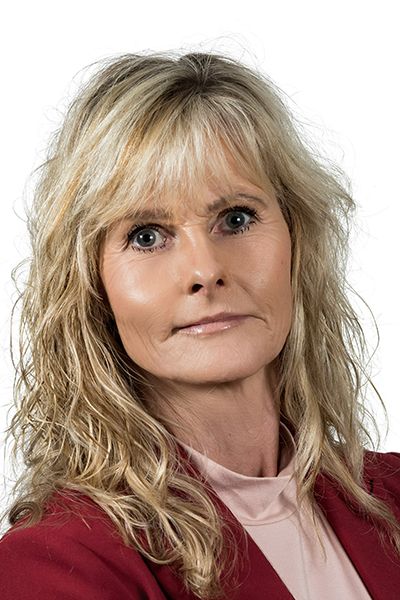
Tracy Ward. Courtesy
As part of its analysis, Federal Engineering also looked at how the dispatch center and the city's new Specialized Care Unit (SCU) might interact.
There have been many discussions over the years about how SCU dispatching will work, including whether it will have its own phone number and call-takers, who will decide which resources to send and how to determine which calls don't need a police response.
FE consultant Tracy Ward noted that — as of last month — it had not been determined which calls for service would be appropriate for the SCU or what criteria would be used to make those decisions.
"That really needs to be done," she said.
FE found that scripted call-taking could play a key role in assessing risk and making those decisions — in part because the scripts are based on international best practices and are regularly updated in response to new data and input.
Ward also noted that the Berkeley dispatch center "has not been involved in the planning" for the SCU, adding: "They do feel a bit disconnected from the program."
FE suggested a workshop where the SCU team and dispatch center staff could look at all of Berkeley's services and develop a triage system designed to match the right resource to each call.
"We also have to figure out: What happens if things go wrong at the scene and the SCU needs backup?" Ward said. "How do they call for that backup? How do we get police there if they’re needed?"
She said the program should "start small" with just a few call types "so that we build the credibility of the program," particularly during the pilot period.
"The key to this is that we’re diverting at dispatch," Ward said. "We’re asking the right questions so that we can send the right teams."
Going forward, the consultants said, the city will also need to consider the role of Berkeley's longstanding Mobile Crisis Team, which responds with police when needed and was reportedly the first of its kind in the nation, along with how the 988 crisis line, a national phone number for suicide support and related services, will be integrated into the SCU program.
Berkeley dispatch center overhaul: Next steps
Berkeley Fire Chief Dave Sprague told council members Susan Wengraf and Rashi Kesarwani that the Federal Engineering analysis was the first part of what had been envisioned as a two-phase study.
The next step would be to determine whether to move forward and how much the city wanted to spend.
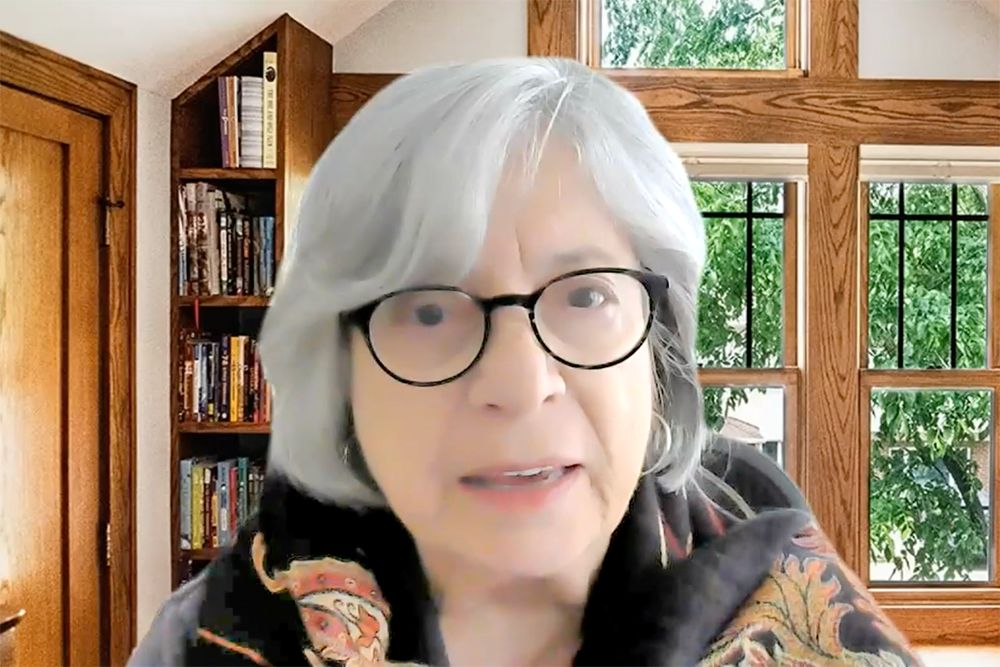
Wengraf said project phasing would be key in terms of which priorities might be tackled first.
At first glance, she said, hiring more dispatchers and call-takers — and making space for them — seemed to be the most critical need.
"This is a big but very important initiative if we're gonna move forward with it," Wengraf said.
At this point, she added, the Berkeley Police Department needed to be looped in.
"They’re supervising dispatch," said Wengraf. "So it seems to me they have to be integrated into it."
Kesarwani said she appreciated the desire to modernize Berkeley's dispatch operations that inspired the project in the first place.
"I think that this makes a lot of sense," she said, adding that she was also in favor of seeing implementation and phased-funding plans going forward.
City Manager Dee Williams-Ridley suggested taking the presentation to the full City Council so everyone could give feedback and add to the wishlist before the next phase.
"This is a lot of information," Williams-Ridley said. "I do think it’s important to get in front of them and talk about what we know right now. Because there’s just so much info — and they need time to digest that."
The Berkeley Scanner reviewed a video of the Public Safety Policy Committee meeting and related materials to put this story together.


